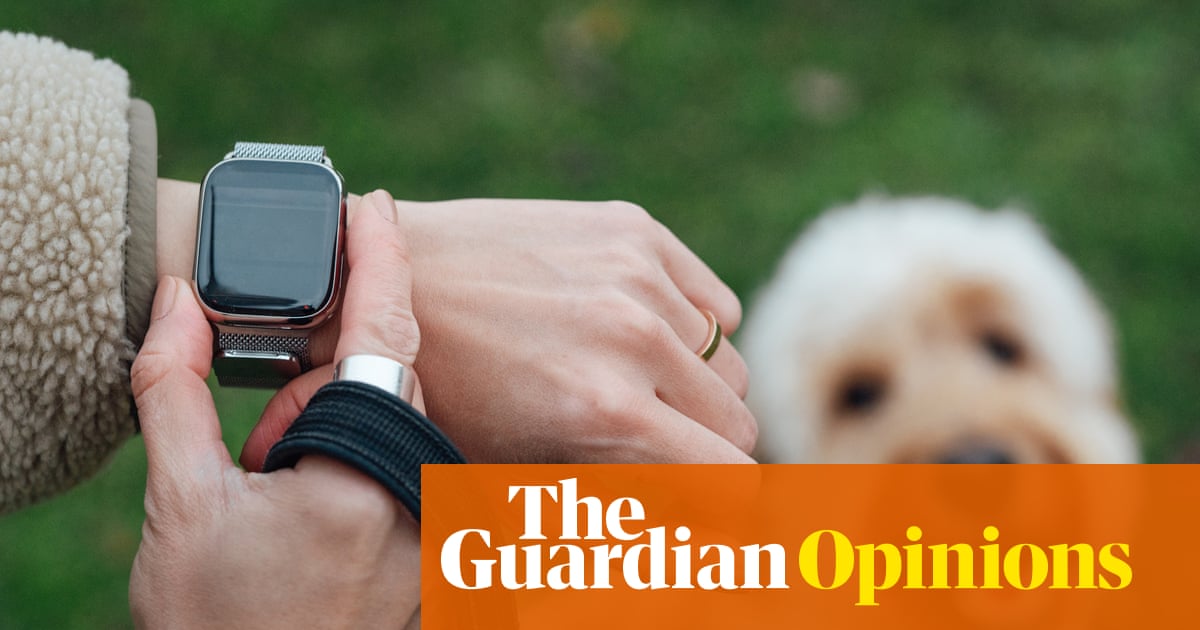
"The appeal of the video doorbell was that something interesting may happen; maybe it would catch someone doing a crime, or a heartwarming moment when your kid ran back for one last hug on their first day of school, and you could put that on TikTok and be famous for five seconds, or ideal world it would catch one of your friends bitching about you."
"The great untold secret of the smartwatch is that, when they break, nobody ever replaces them. There's a moment of raw panic. If nobody is counting your steps, did they even happen? How will you get through the day, if you don't know how many quality-adjusted sleep minutes you got? Whither your resting heart rate? But then a day passes, and you realise that your watch was actually bullying you: pass-agg and patronising one minute"
Smart lighting, video doorbells, and speakers top the list of regretted home technologies. Smart lighting fixed a trivial inconvenience, while video doorbells rarely capture genuinely interesting or useful events despite promising moments of value or fame. Wearables generate intense regret when they break, causing initial panic about metrics and then relief as users recognise constant tracking and notifications as nagging and patronising. Fitness-focused prompts can feel hectoring and performative rather than supportive. Increasing connectedness and surveillance produce predictable, uninformative streams of data that often feel intrusive, trivial, or emotionally burdensome rather than genuinely helpful.
Read at www.theguardian.com
Unable to calculate read time
Collection
[
|
...
]